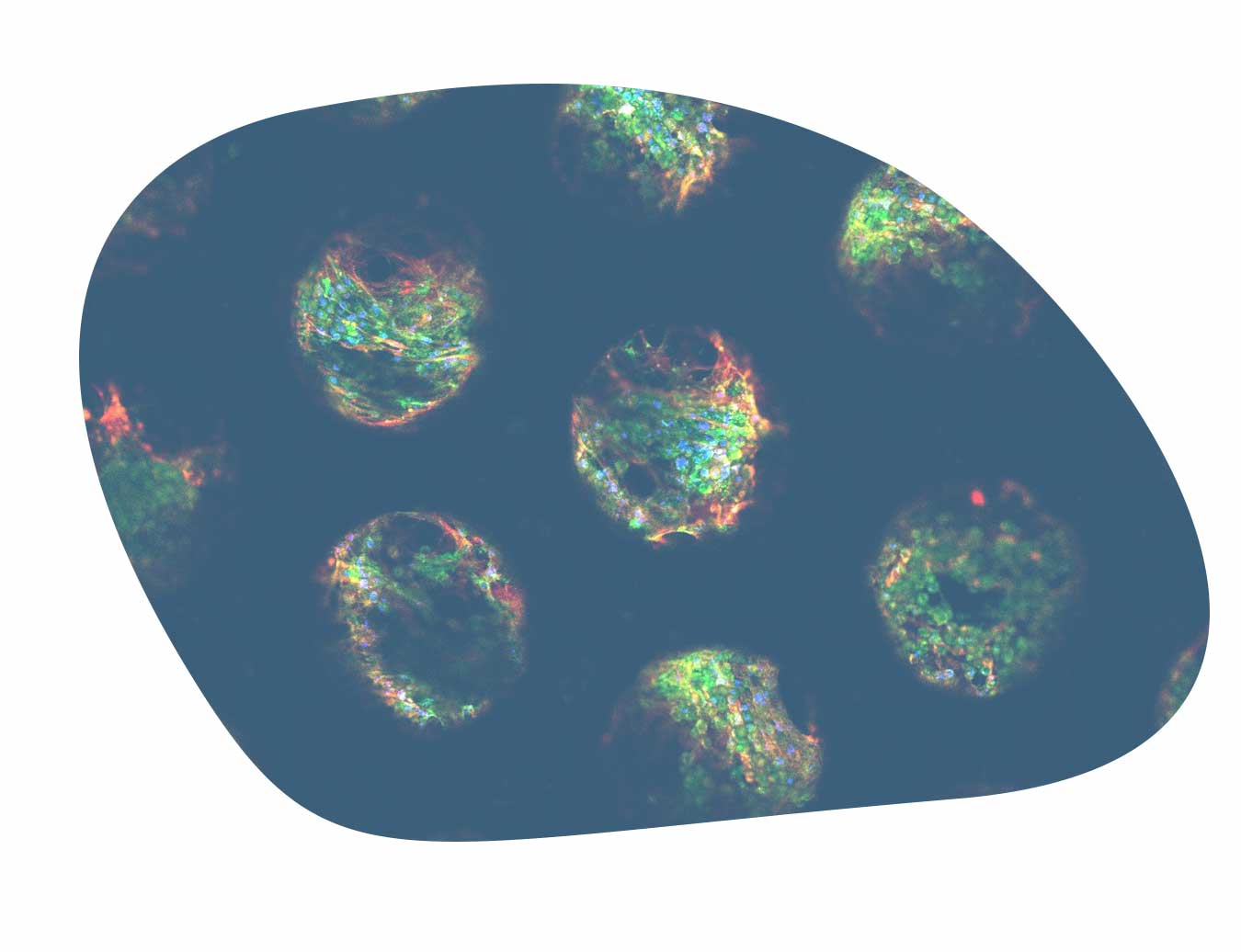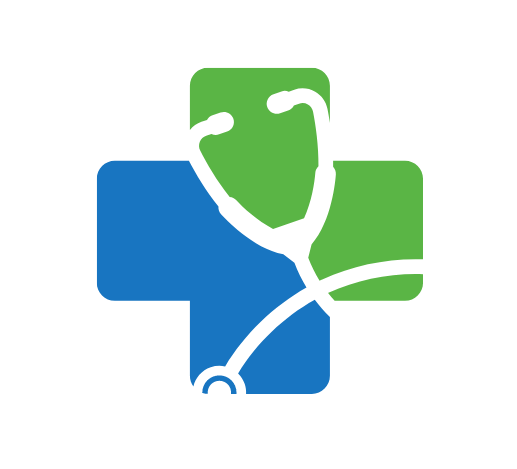
DILI occurs when medications or supplements trigger liver inflammation or damage. It’s the leading cause of acute liver failure in the U.S., but in Turkey, herbal remedies and over-the-counter painkillers like paracetamol are frequent culprits. The liver metabolizes 90% of drugs, and genetic factors—such as variations in CYP450 enzymes—can make some individuals more susceptible. For instance, a 2021 study at Hacettepe University found that 12% of DILI cases in Ankara were linked to herbal products like şahtere (Fumaria officinalis), often used for digestive issues.
Spotting the Red Flags: Symptoms and Biomarkers
Early DILI symptoms mimic common ailments: fatigue, nausea, or vague upper abdominal pain. Jaundice (yellowing skin/eyes) and dark urine signal advanced injury. Blood tests are critical—elevated ALT (>3x upper limit) and ALP levels differentiate hepatocellular vs. cholestatic damage. Pro tip: Monitor liver enzymes within 2-8 weeks of starting high-risk drugs like antibiotics (amoxicillin-clavulanate tops the list) or anticonvulsants. The www.turkishdoctor.ae team emphasizes tracking bilirubin; a “Hy’s Law” triad (ALT >3x, bilirubin >2x) carries a 10% mortality risk.
Common Offenders: Medications and Herbal Surprises
Prescription drugs aren’t the only villains. In Turkey, non-steroidal anti-inflammatory drugs (NSAIDs) account for 30% of DILI cases, per the Turkish Pharmacovigilance Center. Antibiotics like erythromycin and antifungal agents follow closely. But cultural practices matter: Unregulated herbal teas (adaçayı for sore throats) or weight-loss supplements containing green tea extract can spike liver enzymes. Even “natural” doesn’t mean safe—black seed oil (çörek otu) in high doses has caused hepatotoxicity in Izmir case reports.
Diagnostic Challenges: Ruling Out Other Culprits
DILI is a diagnosis of exclusion. Doctors must eliminate viral hepatitis (common in regions like Southeastern Turkey), autoimmune diseases, and alcohol-related damage. The RUCAM (Roussel Uclaf Causality Assessment Method) scoring system helps link injury to suspect drugs. Imaging tools like FibroScan® assess liver stiffness, while biopsies reveal patterns like centrilobular necrosis. A lesser-known clue: Eosinophilia in blood tests may hint at drug hypersensitivity.
Cultural Nuances: Why DILI Goes Undetected in Turkey
Self-medication is widespread—40% of Turks use painkillers without prescriptions, per a 2022 Sağlık Bakanlığı (Health Ministry) report. Cultural trust in “natural” remedies complicates detection; patients often omit herbal use during consultations. Additionally, eczane (pharmacy) accessibility allows easy purchase of drugs like metformin without thorough monitoring. The www.turkishdoctor.ae team advises clinicians to ask specifically about traditional tonics or topical oils, which patients may not consider “medications.”
Prevention Strategies: Protecting Your Liver Proactively
Prevention starts with awareness. For high-risk patients (diabetics, obese individuals), baseline liver tests are crucial before starting statins or TB drugs like isoniazid. Pharmacogenetic testing—checking for HLA-B*5701 alleles before abacavir (HIV drug)—can avert hypersensitivity reactions. Patients on long-term methotrexate (e.g., for rheumatoid arthritis) need regular FibroScan® checks. Practical tip: Avoid alcohol entirely while on acetaminophen or valproic acid—it amplifies toxicity.
Treatment Protocols: When to Stop and When to Intervene
The first step is discontinuing the offending drug—70% of patients improve within weeks. N-acetylcysteine (NAC) reverses acetaminophen toxicity if given within 8-10 hours. For cholestatic DILI, ursodeoxycholic acid aids bile flow. In severe cases, Turkey’s organ transplant network (TON) coordinates referrals; Istanbul’s Memorial Hospital performs nearly 30% of the country’s liver transplants. Note: Corticosteroids remain controversial—reserve for confirmed immune-mediated injury.
The Role of Diet and Lifestyle in Recovery
Post-DILI recovery hinges on liver-friendly habits. The Mediterranean diet—rich in antioxidants from olive oil, artichokes, and bitter greens—supports regeneration. Avoid grapefruit (inhibits CYP3A4 enzymes, altering drug metabolism) and excess salt, which worsens fluid retention. Moderate exercise reduces fatty liver risks, but avoid intense workouts during acute phases—they spike ALT transiently. Anecdotal but popular: Çukurova farmers swear by roasted chicory root tea to soothe liver inflammation.
Emerging Research and Hope for the Future
Biomarkers like microRNA-122 and keratin-18 are revolutionizing early DILI detection. Turkey’s DILIN (Drug-Induced Liver Injury Network) collaborates with EU centers to track rare cases, such as COVID-19 vaccine-linked hepatotoxicity (incidence: <0.001%). Experimental therapies like mesenchymal stem cell infusions show promise in animal studies. The www.turkishdoctor.ae team highlights ongoing trials at Ankara University exploring silymarin (milk thistle) for DILI prevention—a nod to tradition meeting science.
Navigating Insurance and Healthcare Systems
In Turkey, SGK (Social Security Institution) covers liver enzyme tests for insured patients, but prior authorization is needed for advanced imaging. Private hospitals often expedite FibroScan® appointments—costs vary by city, with Istanbul clinics charging approximately 2,000-3,000 TL. Always request a sağlık raporu (health report) detailing enzyme trends; it’s vital for disability claims or drug injury lawsuits.
When to Seek a Second Opinion
Persistent enzyme elevations (>6 months) warrant specialist referrals. Hepatology centers in İzmir and Antalya offer second-line tests like MRCP (magnetic resonance cholangiopancreatography) to rule out bile duct issues. Red flags: Unexplained weight loss, coagulopathy (INR >1.5), or encephalopathy. Don’t hesitate to consult the Turkish Association for the Study of the Liver (TASL)—their hotline guides patients to accredited clinics.
Myth-Busting: Separating Facts from Fear
“Herbal means harmless” is a dangerous myth. Even ıhlamur (linden tea), a Turkish favorite for colds, can interact with blood thinners. Another fallacy: “Liver detoxes” with lemon juice or apple cider vinegar—no evidence supports these, and fasting may worsen nutrient deficiencies. Trust labs, not trends: The www.turkishdoctor.ae editorial team stresses that “clean eating” can’t offset genetic or drug-related risks.
Educating Caregivers and Patients: A Shared Responsibility
Awareness campaigns in Turkey’s rural regions—like Diyarbakır’s “Check Your Liver” initiative—teach communities to recognize early symptoms. Pharmacists play a key role; Turkey’s 2023 regulation mandates DILI risk leaflets with high-risk medications. Families should log all supplements and OTC drugs used by elderly relatives—polypharmacy raises DILI risks exponentially.
The Bigger Picture: DILI in Global Context
While DILI accounts for 10% of acute hepatitis cases worldwide, regional patterns differ. Turkey’s high antibiotic use (2nd highest in Europe) and herbal supplement reliance create unique challenges. Learning from Spain’s DILI Registry, Turkey launched its own national database in 2020, improving case tracking. Global collaborations aim to standardize diagnostic criteria—because liver health knows no borders.
Final Takeaways: Empowerment Through Knowledge
DILI is preventable, treatable, but often misunderstood. Whether you’re prescribed a new antidepressant or sipping herbal tea, ask: “Could this affect my liver?” Regular check-ups, honest dialogue with doctors, and skepticism toward quick fixes are your best defenses. As the www.turkishdoctor.ae team reminds us, a vigilant patient is a healthy patient—armed with knowledge, you hold the power to protect your liver’s silent resilience.

 then "Add to Home Screen"
then "Add to Home Screen"